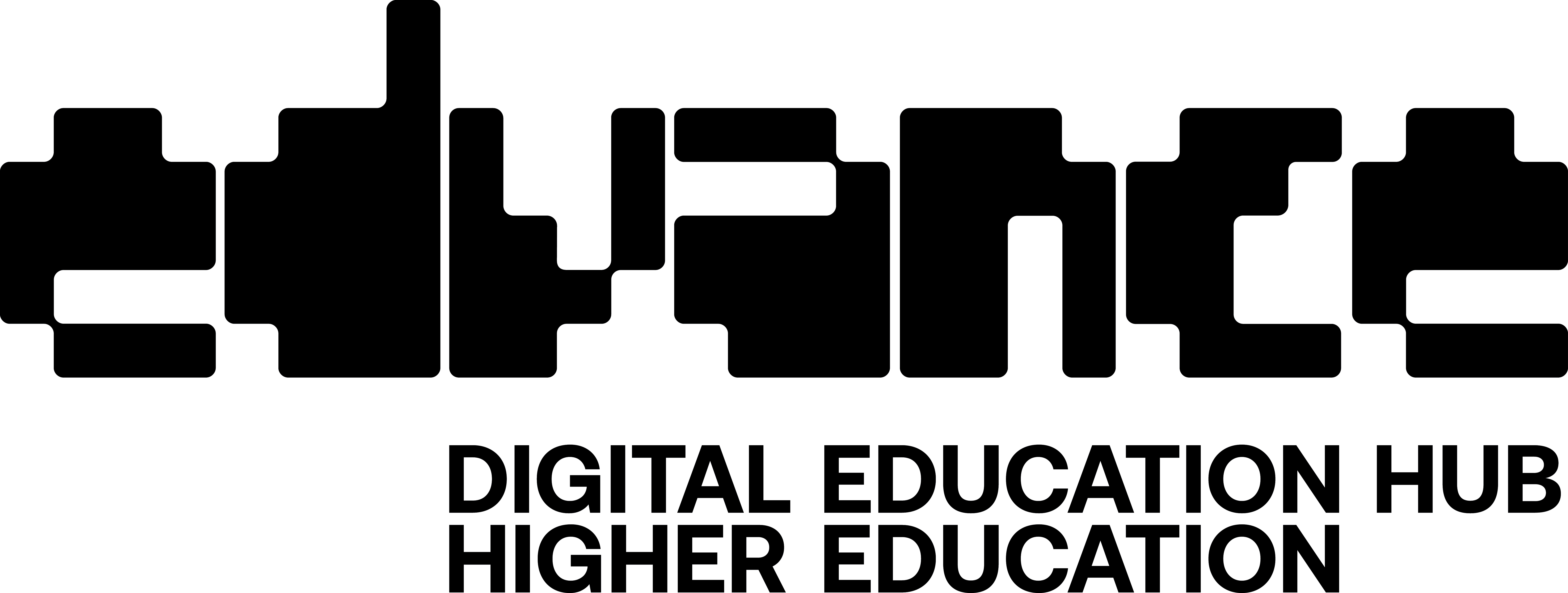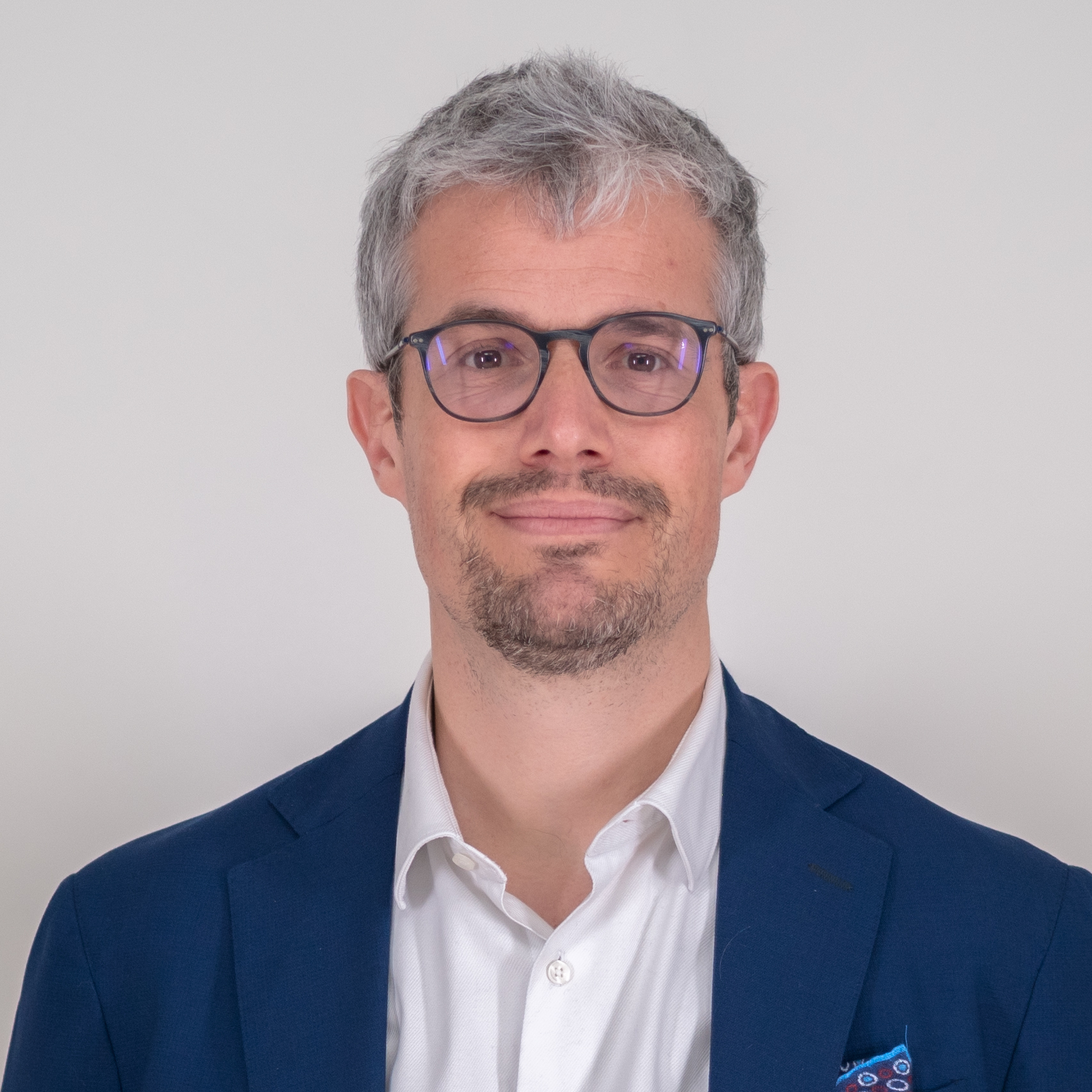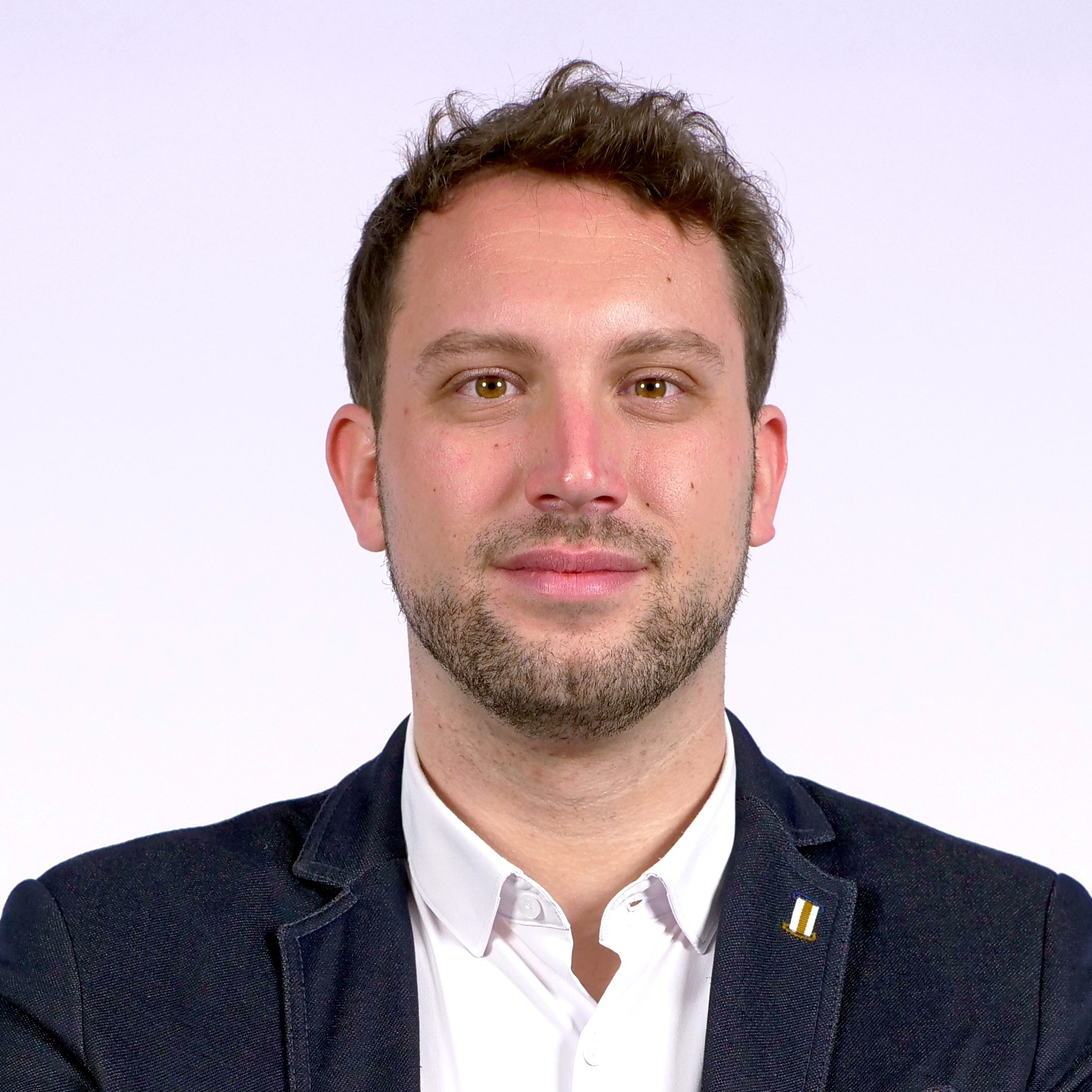Project Management beyond planning and control
Project Management beyond planning and control
Learn how to manage projects matching the technical and the organizational dimensions of projects
Introduction to Management Engineering Series
This MOOC is part of the Introduction to Management Engineering series, which is designed to introduce prospective master students and people interested in managerial disciplines into the key fundamentals of Management Engineering. Through an analytical and engineering approach, the series provides basic concepts and language in the areas of Strategy, Economics, Financial Accounting, Organization, and Operations Management.
The series is the result of a collaborative design between METID, the unit of Politecnico di Milano devoted to teaching and learning innovation, and the Study Course in Management Engineering.
See the full seriesCourse description
Project Management is a fundamental theme to understand and work in any business environments. Projects are the organizational way to make innovation happen and to realize any kind of custom solution or to change how an organization work. Project Management is the set of capabilities, skills and tools to properly work on projects. The course aims to define the concept of a project and to show how, in the management of a successful business, project management and process management must coexist and integrate. During the course the project is analyzed as a managerial tool for the management of change and innovation and its links with the company strategy are emphasized.
Total workload of the course: 10 h
This MOOC is provided by Politecnico di Milano.
This MOOC was produced as part of the Edvance project – Digital Education Hub per la Cultura Digitale Avanzata. The project is funded by the European Union – Next Generation EU, Component 1, Investment 3.4 “Didattica e competenze universitarie avanzate".






Intended Learning Outcomes
By actively participating in this MOOC, you will achieve different intended learning outcomes (ILOs).
Week 1
- Identify the main variables of a project in a business context
ESCO: analysing and evaluating information and data - Describe the differences between projects and processes
ESCO: evaluate information - Pick the best project management approach for different projectsz
ESCO: project management
Week 2
- Identify different organizational strcutures when working on a project
ESCO: organisational structure - Describe the main human and cultural dimensions when working on projects
ESCO: lead others ESCO: apply conflict management - Pick the best organizational structure for a project
ESCO: organisational structure ESCO: project management - Analyze conflicts and team dynamics when working on a project
ESCO: manage a team
Prerequisites
No prerequisite knowledge is required.
Activities
Over and above consulting the content, in the form of videos and other web-based resources, you will have the opportunity to discuss course topics and to share ideas with your peers in the Forum of this MOOC.
Section outline
-
-
This Week analyses what a project is, how it differs from processes, and what are the main approaches to project management. It focuses on the two main approaches two project management: traditional approach based on Front-Loading and the flexible one that leads to Agile Approaches.
-
This Week presents the cultural and organizational dimension of projects, focusing on how companies can properly be organized for projects and the main individual and team dynamics when working on projects. It focuses on the organizational structures, the leadership dimension, team dynamics and conflicts management.
-
-
Bibliography Page
-
Assessment
Your final grade for the course will be based on the results of your answers to the assessed quizzes. You have an unlimited number of attempts at each quiz, but you must wait 15 minutes before you can try again. You will have successfully completed the course if you score a total of 60% (or higher) in each of the assessed quizzes.
The maximum score possible for each quiz is given at the beginning of the quiz. You can view your score in the quiz on your last attempt or on the 'Grades' page.
Certificate
You can achieve a certificate in the form of an Open Badge for this course, if you obtain, at least, 60% of the total score in the graded quizzes and by filling in the final survey.
Once you have completed the required tasks, you will be able to access ‘Get the Open Badge’ and start issuing the badge. Instructions on how to access the badge will be sent to your e-mail address.
The Badge does not confer any academic credit, grade or degree.
Information about fees and access to materials
You can access the course free of charge and completely online.
Course faculty

Tommaso Buganza
Teacher
Tommaso Buganza is Associate Professor of Leadership and Innovation at the School of Management of Politecnico di Milano where he also is co-founder of LEADIN'Lab, the Laboratory for Leadership, Design and Innovation. He is a lecturer in Innovation Management and Project Management, responsible for the Project Management Academy and coordinator of the innovation and training area at MIP (Politecnico di Milano Graduate School of Business). He is scientific director of IDeaLs the global research platform of Politecnico di Milano that pioneers new ways to engage people to make innovation happen with companies. He co-founded Symplatform, the symposium on digital platforms that aims to foster a constructive discussions among scholars and practitioners.

Daniel Trabucchi
Teacher
Daniel Trabucchi is Assistant Professor at the School of Management, Politecnico di Milano, where he also serves as a senior researcher in the LEADIN’Lab, the Laboratory for LEAdership, Design and INnovation. He works on Innovation Management, he teaches and studies the fields of Platform Thinking, Agile Project Management and the Human side of Innovation (with a strong focus on engagement within the research platform IDeaLs). He co-founded Symplatform, the symposium on digital platforms that aims to foster a constructive discussions among scholars and practitioners.
Contact details
If you have any enquiries about the course or if you need technical assistance please contact pok@polimi.it. For further information, see FAQ page.